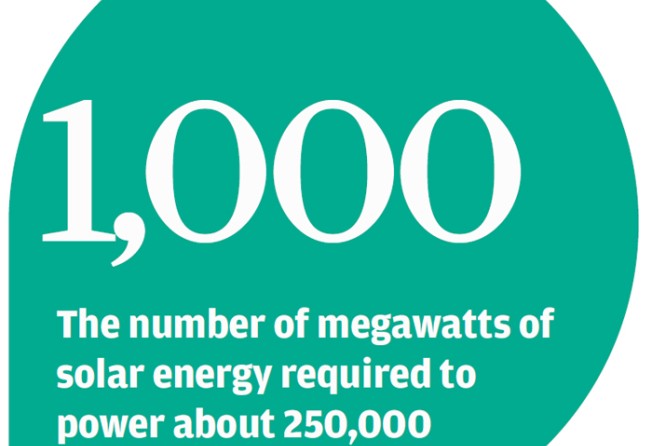
California's builders aim for super-energy-efficient homes
Los Angeles builder's solar-powered ZeroHouse is so green it produces more energy than it uses

Crowned with three gables and painted in hues of grey and white, the suburban home in Lake Forest, California, doesn't look much like the domicile of the future.

The ZeroHouse model by Los Angeles builder KB Home embodies the industry's bid to move beyond the one-of-a-kind vanity project and make subdivision building a green practice. Net-zero homes such as the one KB Home has built are highly efficient properties paired with renewable energy technology such as solar panel systems, resulting in homes so green they produce at least as much juice as they consume.
California has had expansive policies mandating and incentivising the development of greener new homes for years, but the implementation of those goals has been slowed by the weak housing market and the dearth of new construction.
With the market healing, and with builders trying to distinguish their products from homes they built as recently as six years ago, companies such as KB Home, Lennar Corp and others are rolling out more options for consumers and increasingly making energy efficiency part of the basic package.
"For new homes, it is becoming more of a standard feature, and the reason is that builders need a compelling reason that somebody should buy a new home rather than a resale," said Patrick Duffy, of research firm MetroIntelligence Real Estate Advisors.
In coming years, California guidelines will call for ever more energy-efficient homes, with the goal of having all homes built in 2020 being net-zero. For now, net-zero remains more of an aspiration for the industry, though experts say builders are increasingly making standard some of the fundamental elements of green design, including more efficient appliances, lighting and solar panel systems.
In southern California, KB Home has made solar systems standard. Lennar, Pulte Homes and Pardee Homes offer solar home projects. ABC Green Home of Newport Beach, California, will be building a net-zero home to showcase green technology for consumers.
Moving to southern California from Maryland, Ray and Linda Frilot wanted to buy a new home because the resales needed too much work, from US$20,000 to US$50,000 worth of renovating. They were attracted to the solar offerings at KB Home's Fox Hollow at the Crown Valley Village development in Murrieta, California, said Ray Frilot, a retired government worker.
Aside from a 2.25-kilowatt solar system, the home has a tankless hot water heater, some LED lighting and Energy Star appliances. Although the home wasn't advertised as a net-zero property when they bought it, he and his wife conserve so much energy that the electricity bill from Southern California Edison is close to zero.
"The energy that I don't use Edison buys from me," he said. "It looks like I may not have an electric bill next year, because the electricity, all of it is going to keep on adding to that credit. I still have to pay delivery and handling charges, but that is just a couple of bucks a month."
Net-zero homes couldn't exist without this type of subsidisation, called net metering. Net-zero homeowners rely on power from utilities at night but get credit for the energy they produce during the day that they don't consume.